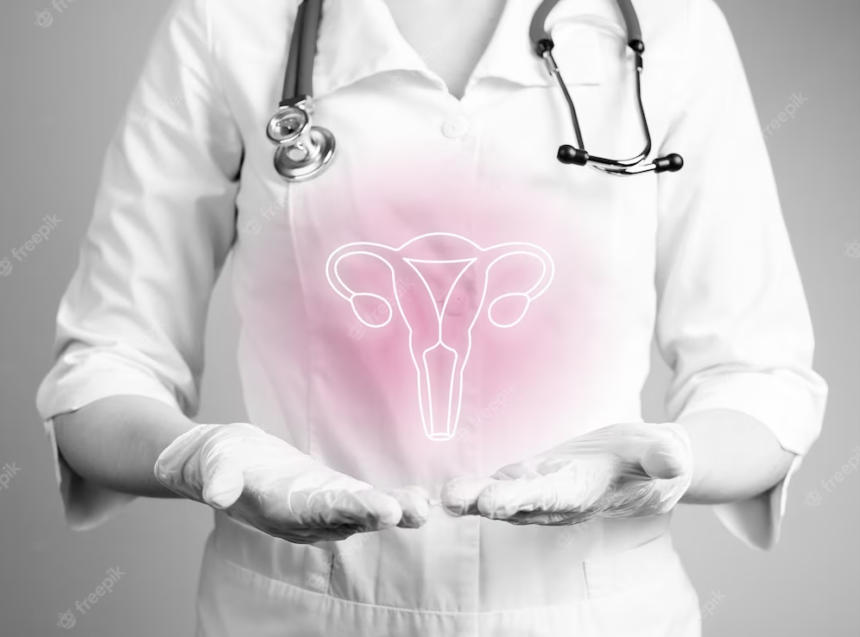Coping with Vaginal Dryness and Seeking Solutions
Vaginal dryness is a common issue that many women experience at some point in their lives. It occurs when the vagina lacks sufficient moisture, leading to discomfort, pain, and decreased sexual pleasure. While it is often associated with menopause, vaginal dryness can affect women of all ages due to various factors such as hormonal changes, certain medications, stress, childbirth, breastfeeding, and even some autoimmune conditions. Coping with vaginal dryness requires understanding its causes, implementing self-care practices, and seeking appropriate solutions. In this article, we will explore ways to cope with vaginal dryness and find potential solutions for relief.
Understanding the Causes of Vaginal Dryness:
- Hormonal Changes: The decline in estrogen levels, particularly during menopause, is a leading cause of vaginal dryness. Estrogen helps maintain the moisture and elasticity of the vaginal tissues. Other hormonal changes, such as those occurring during breastfeeding or after childbirth, can also contribute to vaginal dryness.
- Medications: Certain medications, including hormonal birth control, antidepressants, and allergy medications, can interfere with natural lubrication and lead to vaginal dryness as a side effect.
- Psychological Factors: Stress, anxiety, and emotional factors can affect sexual arousal and lubrication, leading to vaginal dryness.
- Medical Conditions and Treatments: Certain medical conditions like Sjogren’s syndrome, endometriosis, and cancer treatments like chemotherapy and radiation can cause vaginal dryness.
Coping Strategies and Self-Care Practices:
- Use Lubricants: Water-based or silicone-based lubricants can provide immediate relief from vaginal dryness during sexual activity. Apply a small amount to the vulva and vagina before intercourse to reduce friction and discomfort.
- Practice Regular Sexual Stimulation: Engaging in regular sexual activity or self-stimulation can increase blood flow to the vaginal tissues, promoting natural lubrication and maintaining vaginal health.
- Hydration and Diet: Staying well-hydrated by drinking plenty of water can help maintain overall vaginal health. Additionally, consuming a diet rich in omega-3 fatty acids, vitamin E, and foods containing phytoestrogens (such as soy products) may support vaginal lubrication.
- Avoid Irritants: Avoid using harsh soaps, douches, scented products, and perfumed tampons or pads, as they can disrupt the natural pH balance and cause irritation. Opt for gentle, fragrance-free products instead.
- Gentle Vaginal Care: When washing the vaginal area, use lukewarm water and a mild, pH-balanced cleanser specifically formulated for intimate use. Avoid excessive scrubbing or douching, as it can further dry out the vagina.
- Stay Sexually Active: Regular sexual activity or stimulation helps maintain vaginal health by increasing blood flow and promoting natural lubrication. If vaginal dryness causes discomfort during intercourse, consider exploring alternative sexual activities that focus on pleasure without penetration.
Seeking Solutions:
- Over-the-Counter Moisturizers: Vaginal moisturizers, available without a prescription, are applied directly into the vagina to restore and maintain moisture. They can be used regularly, even when not engaging in sexual activity.
- Hormone Replacement Therapy (HRT): For menopausal women, hormone replacement therapy can help alleviate vaginal dryness by restoring estrogen levels. Consult with a healthcare professional to discuss the risks and benefits of HRT based on your individual circumstances.
- Prescription Medications: In certain cases, healthcare providers may prescribe low-dose vaginal estrogen therapy in the form of creams, rings, or tablets to address vaginal dryness. These treatments help restore vaginal moisture and improve overall vaginal health.
- Alternative Therapies: Some women find relief from vaginal dryness through complementary and alternative therapies, such as herbal supplements, acupuncture, or vaginal laser treatments. It’s important to consult with qualified professionals and discuss potential benefits and risks.
- Open Communication with Healthcare Provider: If vaginal dryness persists or significantly affects your quality of life, it’s important to consult with a healthcare provider. They can evaluate your specific situation, identify underlying causes, and recommend appropriate treatment options.
Remember, every woman’s experience with vaginal dryness is unique, and what works for one person may not work for another. It may take time and experimentation to find the most effective coping strategies and solutions. Don’t hesitate to seek support from healthcare professionals who specialize in women’s health and sexual well-being. With proper care and attention, you can effectively cope with vaginal dryness and improve your overall comfort and sexual satisfaction.










